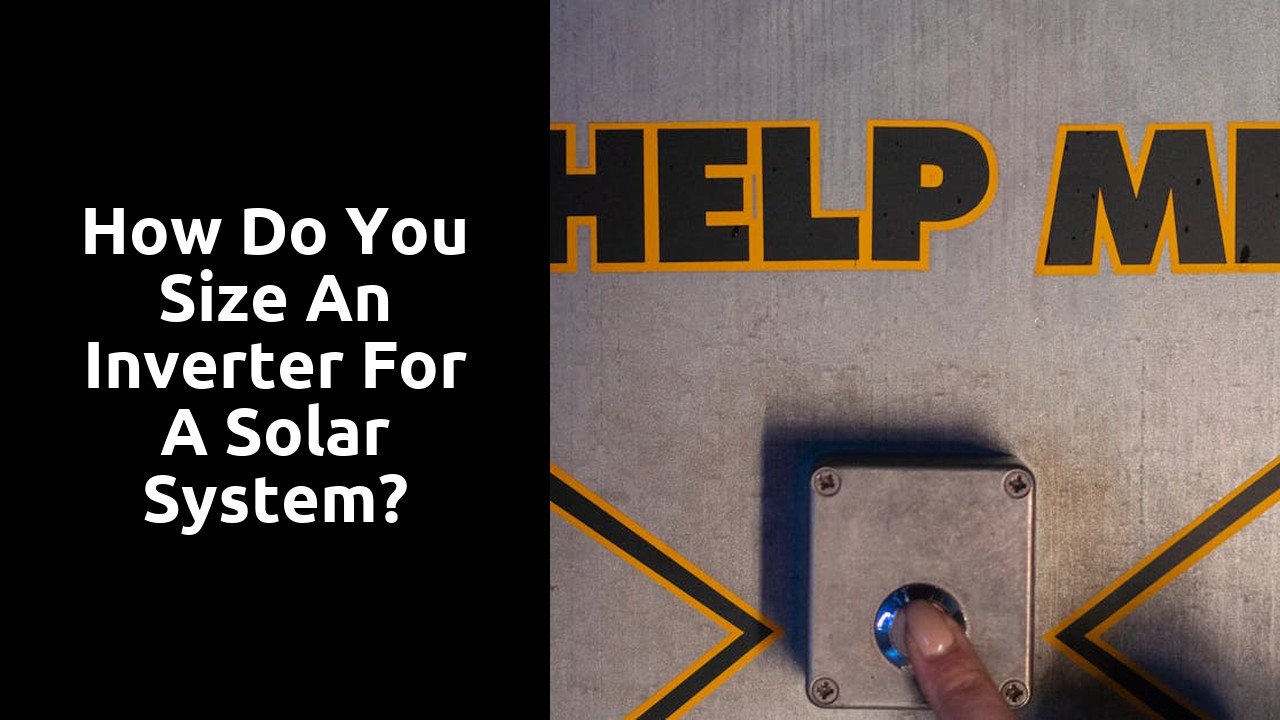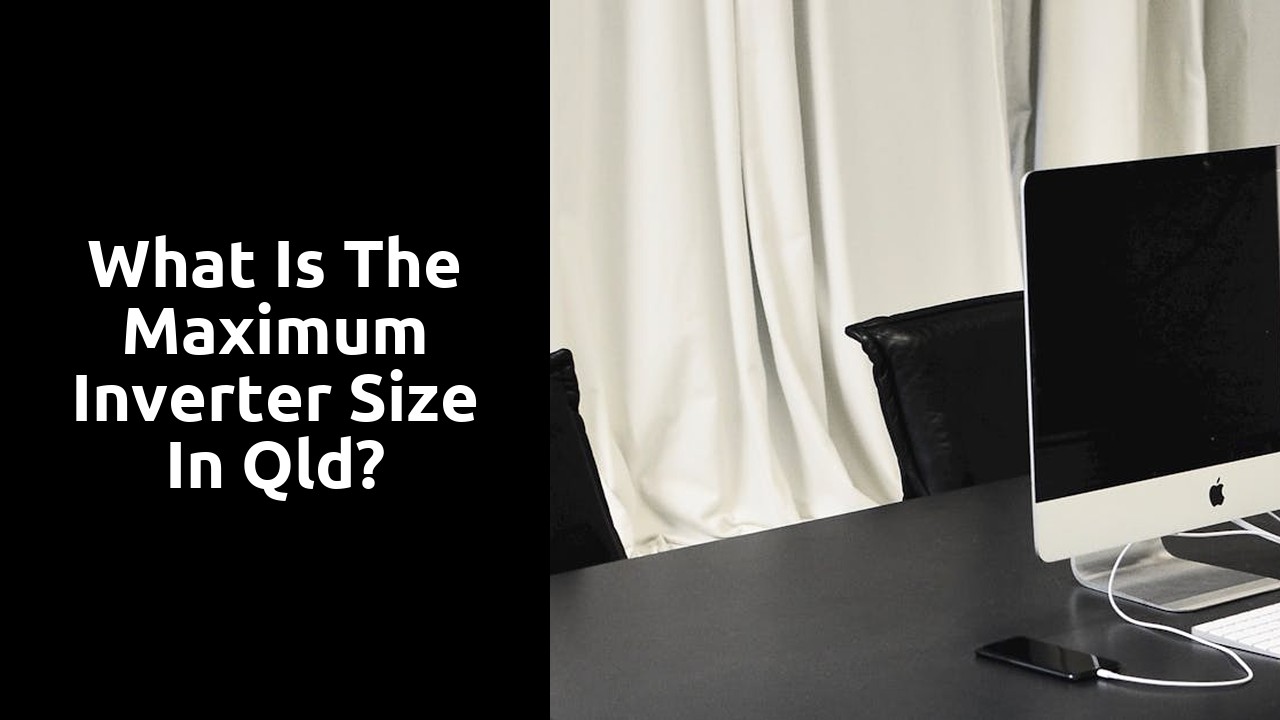 Dilemma
DilemmaReviewing Inverter Efficiency
When it comes to solar inverter system design, one of the key aspects to consider is the efficiency of the inverter. Efficiency is crucial as it directly impacts how much energy is converted from the solar panels into usable electricity for your home or business. Inverter efficiency is typically measured as a percentage, with higher percentages indicating more efficient conversion of energy. Therefore, selecting an inverter with high efficiency ratings is essential for ensuring optimal performance and maximising the output of your solar system.
Efficiency ratings can vary between different inverter models and manufacturers, so it is important to compare and choose wisely. By selecting an inverter with a high efficiency rating, you can ensure that your solar system operates at its best, ultimately leading to more cost savings and environmental benefits in the long run. When reviewing inverter efficiency, it is essential to consider your specific energy needs, location, and long-term goals for your Communication errors are a common problem with solar inverters. These errors can disrupt the flow of data between the inverter and other system components, leading to issues with monitoring and control.Solar Inverter System DesignHow can communication issues with solar inverters be fixed for seamless operation?.Fixing communication issues with solar inverters involves troubleshooting the communication protocols, checking the connections, and ensuring that all components are compatible and functioning properly. Resetting the communication settings or updating the software can also help resolve these issues.
Comparing efficiency ratings for optimal performanceWhat are DC arc faults in solar inverters and how can they be detected and resolved safely?
When it comes to optimising the performance of a solar inverter system, efficiency ratings play a crucial role. The efficiency of an inverter indicates how well it can convert the direct current (DC) electricity generated by the solar panels into alternating current (AC) electricity that can be used to power appliances. A higher efficiency rating typically means less energy loss during the conversion process, resulting in more electricity being available for use within the system.DC arc faults occur when an electrical current jumps across an air gap, posing a fire hazard. These faults can be detected using arc fault detection devices and resolved by identifying the faulty component, replacing it if necessary, and ensuring proper insulation and grounding.
In the context of solar inverter system design, selecting an inverter with a high efficiency rating is essential for maximising the energy output of the system. By choosing an inverter that operates with greater efficiency, you can ensure that more of the electricity generated by the solar panels is effectively converted and utilised, leading to increased overall system performance. When comparing efficiency ratings for optimal performance, it is important to consider not only the initial cost of the inverter but also the long-term savings that can be achieved through improved energy conversion.How do ground fault alarms in solar inverters impact system performance and safety?
Factoring in Climate VariabilityGround fault alarms in solar inverters indicate that there is an electrical current leaking to the ground, which can lead to shock hazards an
